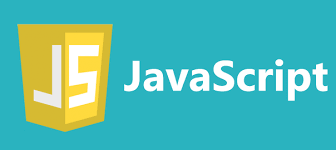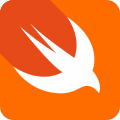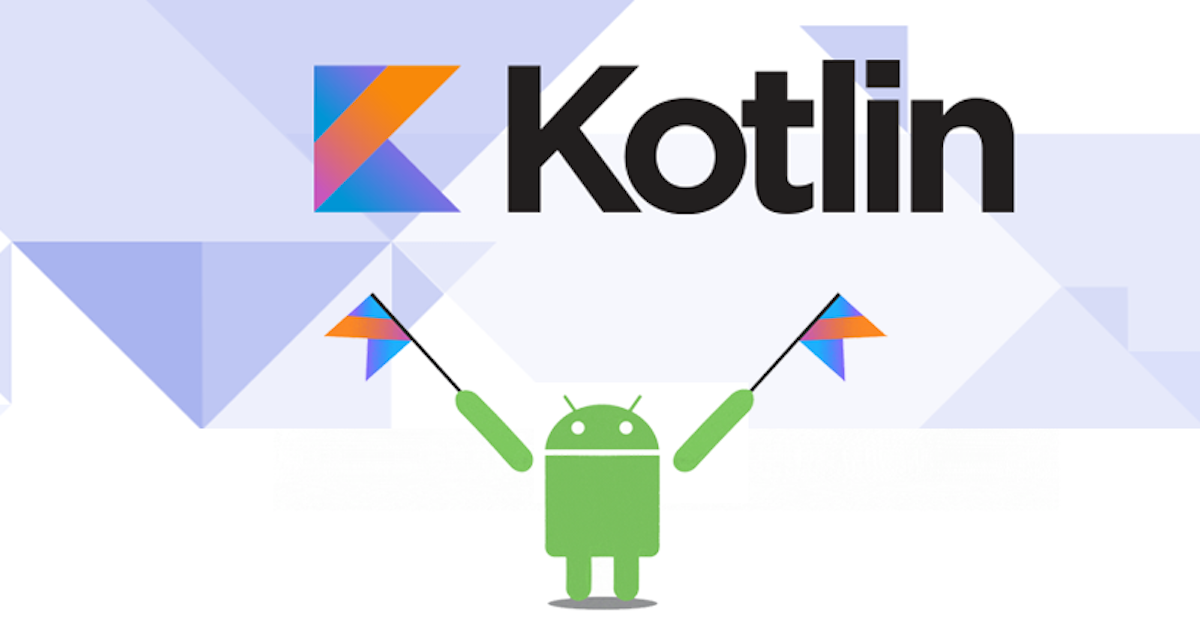![[Web development languages 2022] Best programming languages for web development](https://www.manifera.com/wp-content/uploads/2020/09/Best-programming-languages-640x320-1.jpg)
In the digital era, we now live with technology and as a result, technical skills are required in all sectors at this time. Computers have reached every part of our lives and it is no doubt writing a computer program has now become more important than ever.
So where to begin if you are a newbie in web development seeking for a programming language to learn or you are just an entrepreneur looking for a suited programming language for your company website?
Don’t worry! In this blog, we will show you the best programming languages for web development along with their pros and cons based on various stats and facts. Stay tuned!
Best programming languages for web development in 2022

1. Python
Python has become one of the most popular programming languages at present and it shows no signs of disappearing. This language is also well-known as the best language for creating AI and machine learning based web applications.
Furthermore, the growing of data science has improved the development of Python as a programming language. Python is now beating JavaScript as a teaching language in institutes.
Websites using Python: Facebook, Microsoft, Dropbox, Mozilla, Netflix, Youtube and other Google projects are partially using Python.
The Pros of Python:
- Easy to use and enjoyable to learn
- Supports multiple platforms and systems
- Gives rise to quick development by using less code
- Open source with a huge community
- Has all libraries that you can imagine
- Enables to scale even the most complicated applications with ease
The Cons of Python:
- Python is not native to mobile environment
- We can’t use Python to build a high-graphic 3D game
- Python is not recommended for memory intensive tasks.
- Python is not a good option for multi-processor/multi-core work
2. Java

The next programming language is Java. Java is considered as the most stable language and it has survived at the peak in programming industry since 20 years ago. So what makes Java success? This is to write once and run anywhere, thanks to its versatility and ubiquity. Besides, Java has a good reputation for its high cross-platform compatibility. The Java Virtual Machine (JVM) enables it to work on a variety of devices and platforms. Most of fortune 500 companies have built their back-end application using Java.
Websites using Java: ebay.com, linkedin.com, aws.amazon.com, aliexpress.com, bitbucket.org, ebay.co.uk
The pros of Java:
- A good start for studying to think like a developer
- A high-level language with a mild learning curve and simple syntax
- Stability and huge community
- Standard for enterprise computing
- Multithreading
- Automatic memory management
- Platform-independency (Write Once Run Anywhere)
- Shortage of security risks
The cons of Java:
- Lots of new vocabulary to learn
- Poor performance
- Verbose and complex code
3. JavaScript

It is not wrong to say Javascript is the most trending programming language for web development at present. In fact, most full-stack developers prefer to use this language.
Javascript is commonly used to create interactive effects inside web browsers. Along with CSS and HTML, Javascript is one of three core technologies of the World Wide Web (www). It plays a very important role in front-end development as well. In addition, it is used in popular web frameworks like React.JS, Node.JS, and AngularJS.
Websites using Javascript for front-end development: Amazon, Facebook, Youtube, Wikipedia, Google, Pinterest, MSN.com, Wikipedia.org, Bing
The pros of Javascript:
- Rapid development
- Client-side execution
- User Interface Interactivity
- Make XMLHttpRequest() Object
- User Interface Interactivity
The cons of Javascript:
- Bit of slow execute
- Code always visible
- Stop render
4. PHP

PHP stands for Hypertext Preprocessor and is a preferred server scripting language for web development. This language was founded in 1995 and has been involving throughout these years with a wide range of popular PHP web frameworks. Most PHP frameworks are free and offer strong security features.
PHP has many outstanding advantages like modules and libraries which insure dynamic software development. For these reasons, most of the content management systems and websites are written using PHP.
Websites using PHP: Yahoo, Flickr, Wikipedia, Facebook, Istockphoto, Tumblr, Friendster,...
The pros of PHP:
- Open-source
- Very popular for web applications
- Completely compatible cross-platform
- Highly scalable
- Huge community of programmer support
- Easily embedded into HTML
The cons of PHP:
- Learners must have a basic knowledge of HTML
- Runs a bit slowly than other programming languages
- Not adjusted for desktop applications
- The ease of customization makes it harder to detect the errors and more error-prone
5. Go

Go, also known as Golang, is a programming language designed by Google since 2007. Go is developed to build reliable, simple, and efficient software with ease. Go is similar to C, but with structural typing, garbage collection, memory safety, and CSP-style concurrency.
Websites that use Golang: Google, Facebook, Twitter, Youtube, Apple, Dropbox, The Economist, BBC, The New York Times, IBM, Docker
The Pros of Go:
- Go is an open source by nature.
- Go has fast speed.
- Go has good credentials.
- Go keeps bugs away.
- Go has a garbage collector.
- Go is concurrent.
- Go is cross-platform.
The Cons of Go:
- Go lacks 3-party modules.
- Go is less flexible.
- Go has no generics.
- Go differs a lot from C-based languages.
6. RUBY

Ruby On Rails, also known as RoR, is a web framework which is well-known as one of the most popular tools for web development. It is technically a package library which is built using the operating system command line.
RoR merges the Ruby programming language with JavaScripts, CSS and HTML to develop a web application which runs on the web server. As it runs on web server, RoR is considered a server-side (back-end). RoR is more of an API and a software library.
Websites using RoR: AirBnB, Basecamp, GitHub, Groupon, Shopify, Twitch, Hulu, Yellow Pages, Zendesk, Urban Dictionary, SlideShare,...
The Pros of RoR:
- A great number of useful libraries and tools
- A huge community that supports programmers
- Time efficiency
- Strong adherence to standards
The Cons of RoR:
- Performance time
- Shortage of flexibility
- Price of mistake
7. C
![]()
First launched in the 1970s, C is one of the oldest languages that is still alive and works very well today. C has had a huge influence on the computer programming landscape as it is the core of every machine. There are plenty of programming languages in the C family that have been either originated in C or deeply influenced by its paradigms, syntax and constructs. These languages include C#, Objective-C and Java.
Because C enables programmers to get close to the computer’s inner workings, C is still a favored option for developing specialized high-performance apps. Moreover, C is commonly used for developing embedded systems and is the basis for the Linux operating system.
Website using C: Google.com, Youtube.com
The Pros of C:
- Structured programming language
- Building block for other languages
- Portable language
- Easy to study
- Speed-up program
- Low-level of abstraction
- Explore hidden objects
- Built-in function
- User-defined function
The Cons of C:
- No OOP concept
- No code-reuse
- No strict type checking
- No run-time checking
- Data security
- Namespace concept
- High-level construct
- Extending the program issues
8. Swift

The next candidate in the list of best languages for web development is Swift. Swift was introduced in 2014 by Apple. It is a brand new language used to build powerful, high-performance, native iOS, MacOS, tvOS, watchOS, iPadOS, z/OS and Linux applications. Swift has been growing speedily and and now ranking as the 13th most favored programming language by pull request.
Swift is a very good language to learn. The reason is that Swift is a popular open source tool and is very safe as its design encourages programmers to write clean and easy-to-read code consistently. And perhaps the biggest advantage of Swift is its speed. In many head-to-head competitions, Swift was 2.6 times faster than Objective-C and 8 times faster than Python.
The Pros of Swift:
- Fast speed
- Full stack potential
- Interoperability
- Better scalability
The Cons of Swift:
- Swift is quite new
- Small community
- Almost no support for earlier iOS versions
9. Rust

Another brand new programming language for web development is Rust. Although Rust is relatively new, it doesn’t mean Rust is not a valuable language to learn. According to a survey by Stack OverFlow in 2018, Rust was the most loved programming language and 78% of Rust developers saying that they will keep working with it.
Rust was developed by Mozilla Corporation, and like C and C++, it is used for programming low-level systems. Rust encourages developers to write safe and readable code and has a high level of security.
Websites using Rust: Dropbox, Coursera, Sentry, Postmates, Rambiers,...
The Pros of Rust:
- Decent type system that will enable you to focus on code, rather than hunting bugs
- Awesome at managing resources like memory and db connection
- Smart design
The Cons of Rust
- Hard to learn
- Doesn’t have a lot of open source libs
10. Kotlin

Kotlin is a super cool programming language designed by the famous company JetBrains. This is a preferred language for Android Development and it has beaten Java in a single go. Kotlin is fully inter-operable with Java and has no limitations. It can be used to replace Java for Android Applications, server-side development, anh much more. It also works great with all existing Java frameworks, libraries and operates with the same performance level like Java.
The Pros of Kotlin:
- Less buggy
- Easily maintainable
- Complies with existing Java code
- Increases team efficiency
The Cons of Kotlin:
- Fluctuating compilation speed
- Still not Java
- Fewer Kotlin experts for hire
Suggested Posts
How useful was this post?
Share it with your friends
Get our latest articles here!
Do you have any questions?
Help us improve the content of this Insightful blog by asking us questions. Manifera's team of experts will help you answer these questions as soon as possible.




![17585[Web development languages 2022] Best programming languages for web development](https://www.manifera.com/wp-content/uploads/2024/11/1610523911439.png)
![17564[Web development languages 2022] Best programming languages for web development](https://www.manifera.com/wp-content/uploads/2024/11/phi-tran-sharing-rag.png)
![17555[Web development languages 2022] Best programming languages for web development](https://www.manifera.com/wp-content/uploads/2024/11/Technical-Sharing-Unit-Test-Laravel-Quang-Tran.png)
![10268[Web development languages 2022] Best programming languages for web development](https://www.manifera.com/wp-content/uploads/2020/10/launch_of_Manifera_Alert_application-600x300-1.jpg)
![6373[Web development languages 2022] Best programming languages for web development](https://www.manifera.com/wp-content/uploads/2020/09/Magento-Developer-640x320-1.jpg)
![13448[Web development languages 2022] Best programming languages for web development](https://www.manifera.com/wp-content/uploads/2021/06/Which-online-shop-suits-my-needs-1.png)
![13192[Web development languages 2022] Best programming languages for web development](https://www.manifera.com/wp-content/uploads/2021/05/NET-Core-Things-You-Need-To-Know-2021.png)
![12872[Web development languages 2022] Best programming languages for web development](https://www.manifera.com/wp-content/uploads/2021/04/Should-the-client-of-an-internet-agency-understand-basic-technology-concepts.jpg)


